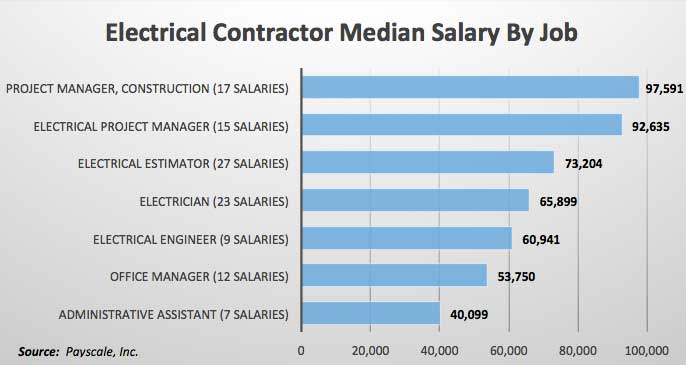What Are the Benefits of Effective Coaching?

Michelle Branigan
In recent years, organizations are increasingly realizing the benefits of one-on-one coaching and beginning to implement coaching programs. Some of the organizational benefits include the following:
• organizational performance and productivity increase as employees are inspired to achieve their best
• organizational commitment and morale improves as employees feel that the organization is committed to their development
• employee motivation and engagement increases, which may lead to higher retention
• relationships among people, teams and departments improve owing to improved lines of communication and increased employee confidence
• culture change can be facilitated as past perceptions and practices are challenged
Here are some benefits that you can hope to realize from coaching:
• your reputation as a manager who supports and develops employees increases
• your employees gain independence and require less supervision as they learn how to perform tasks for themselves
• your team productivity increases when employees know the tasks and job
• mistakes are reduced as employee competence increases
• you have the means to diagnose performance problems and correct unsatisfactory performance
• you build on your own abilities, particularly communication and interpersonal skills
• your relationships with employees improve through better communication channels facilitated by coaching
Of course, the employee will benefit from coaching by improving skills and ability to do their job, but they can also benefit in many other ways:
• develop self-awareness and confidence
• gain clarity in roles and objectives
• develop new perspectives
• improve decision-making and problem-solving skills
• overcome obstacles, fears and anxieties
• gain a competitive advantage
• develop greater adaptability to changes
• improve time-management and stay focused on priorities
• increase openness to personal learning and development
What makes a coach effective?
Effective coaches come in all shapes and sizes, but they all have some characteristics in common. Compare the behaviours of effective and less effective coaches and see if you spot yourself. Specifically, effective coaches
• understand their job and instruct employees in what they know
• build and maintain relationships with their employees
• guide employees in a problem-solving process rather that tell them what to do
• observe employees carefully and head off problems before they grow
• set high standards and good examples
• respect their employees and give them time to learn
• build team effort
Less effective coaches
• offer poor instruction and provide little or no follow-up
• ignore employee’s needs
• do not notice problems until they blow up
• fail to motivate others
• demand performance and rush the employees
• exercise too much or too little authority
As we navigate through a changing industry, with employees being promoted into positions being vacated by the aging workforce, workplace coaching provides a potential solution. For new entrants it also provides for learning that cannot be provided in the classroom.
Employers that can equip their managers, supervisors and journeymen with workplace coaching skills enable them to develop talent in their organization and increase performance and productivity through improved employee engagement. The level of engagement determines the extent to which employees are emotionally committed to the organization, which in turn drives how hard an employee is willing to work (known as discretionary effort).
Thus coaching is not only a mechanism for knowledge transfer, but is also a tool for increased retention and performance, benefiting employees, the organization and the electricity sector as a whole.
Michelle Branigan is CEO, Electricity Human Resources Canada; http://electricityhr.ca. Watch for news on a new EHRC project, EnAbling Change: From Disability to Inclusion, in the July 26, 2016 issue of EIN.










![Guide to the Canadian Electrical Code, Part 1[i] – A Road Map: Section 38](https://electricalindustry.ca/wp-content/uploads/2022/11/Guide-CE-Code-2.png)






